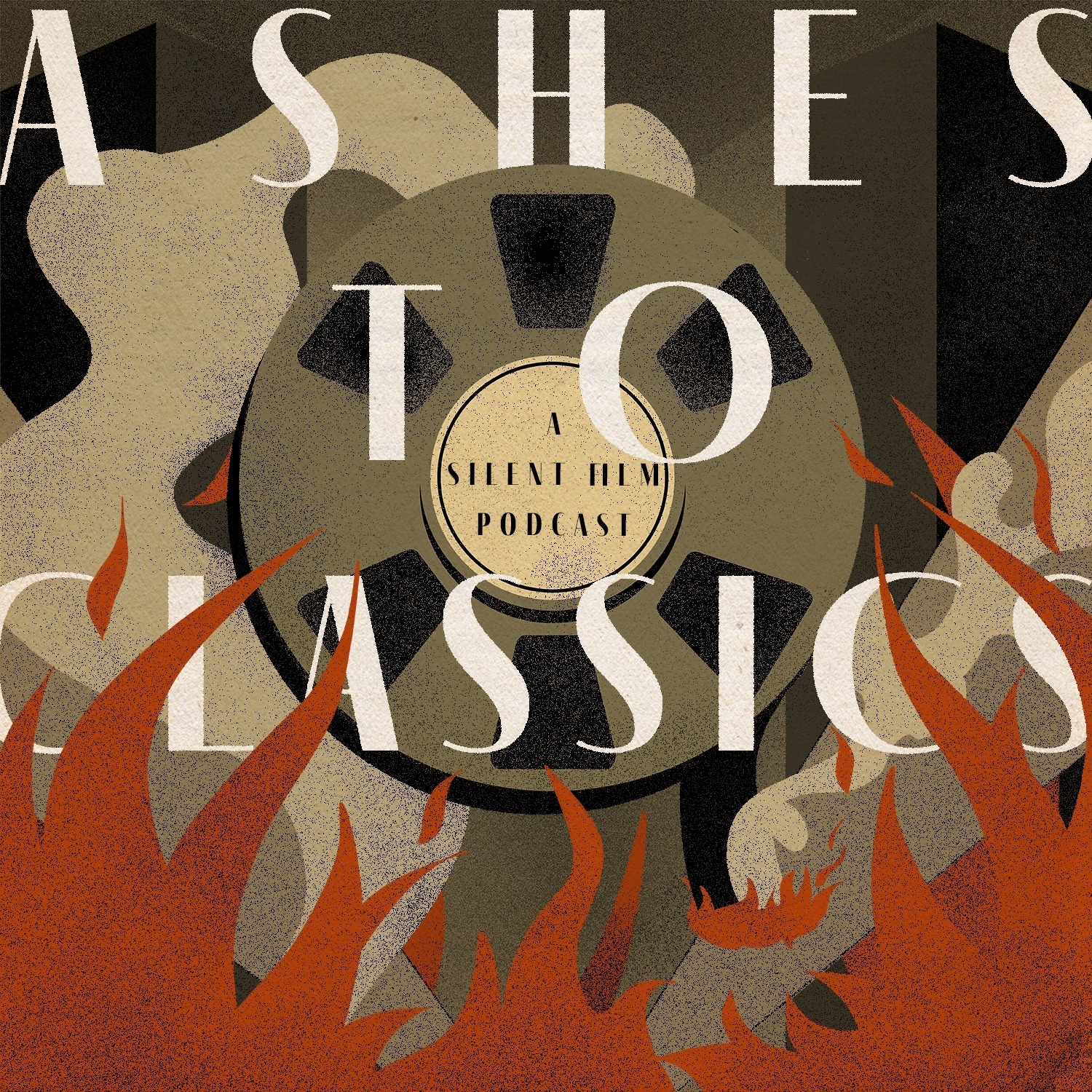Episodes
Published 04/06/23
The last of our key figures of Weimar era cinema, as well as the last to leave the country to find sanctuary and prestige in America, Fritz Lang may be the most enduring name silent neophytes would be familiar with. The titanic impact of films like Metropolis (1927) and M (1931) solidified his reputation as a master long before he made an impact shaping American cinema, bringing his expressionistic sensibilities to some of the most important Film Noirs working in the studio system in the...
Published 04/06/23
The most prolific director to make his way over to America after breaking ground and blazing trails in Germany was none other than Ernst Lubitsch—the legendary comic filmmaker who made Garbo laugh in Ninotchka (1939) and Hitler the fool in eviscerative satire To Be or Not to Be (1942). His signature elegance and wit led to an ingenious moniker by which many recognize him still today: the famed "Lubitsch Touch," an at once inexplicable phenomena of his comic mastery which continues to set him...
Published 03/16/23
Some of the most enduring images of film ever conjured—not just of the Silent Era, but of all time— appear as a result of the vivid expressionism manifested in the oeuvre of Weimar Germany's leading director, F.W. Murnau. The man who's name is now associated some of the most important restoration efforts ever undertaken, had both an incalculable impact upon the filmmaking world in his time, as well as into today. Even if you've never seen a Murnau film before, it's almost impossible to not...
Published 03/09/23
During the era of the Weimar Republic, there was famously a known movement advocating for the acceptance and normalization of homesexual people within society. Weimar Germany had a thriving gay scene, but one which still faced oppression and prejudice thanks to the tyrannical legal codes of the previous regime, which were not unlike the laws implemented elsewhere in the world. A brief window of free speech allowed advocates to create films about this subject, most of which were later censored...
Published 03/02/23
The cinema of Weimar Germany was one that revolved around a key set of names throughout its brief tenure. Directors and performers were the shining lights of the industry, cementing the success of the era's biggest pictures and then redoubling on that prestige by teaming up again for an even more exceptional endeavor. One of the more celebrated personalities from this era was Emil Jannings, starring in more enduring classics of the German Expressionist movement than any other performer, as...
Published 02/23/23
Second only to the star-spangled system of 1920s Hollywood, the German industry during the days of the Weimar Republic is perhaps the most widely recognized of the silent era. This is thanks in large part to the continued proliferation of the German Expressionist movement, a highly avant-garde and visually stylistic period which became an influential bedrock for many latter genres of cinema and distinct filmic classics. This overview of the German Expressionist movement, briefly covering its...
Published 02/16/23
The earliest surviving Technicolor feature film persists in cultural heritage not only for its legacy as a vibrant and awe-inspiring pioneer of technical innovation, but also as a starring vehicle for the sumptuous Chinese-American actress Anna May Wong, who appeared in her first starring role as the tragically lovestruck teenager in this retelling of the Madame Butterfly story. There are surprising observations to be made at every turn, from the inherent orientalist flavoring of story to the...
Published 12/15/22
With so much early history unrecorded, the "firsts" of cinema remain difficult to definitively establish. It is rare, then, that a film comes along which can tote such a title without further question. The oldest surviving American Feature Film, and what is believed to be the first feature-length Shakespeare adaptation, is a condensed retelling of the Machiavellian Richard III. To provide the requisite context for this historic cinematic work, we go over the real life history of the former...
Published 12/08/22
Oscar Micheaux was a pioneering African American filmmaker whose earliest surviving feature, Within Our Gates, grapples directly with the external and internal conflicts uniquely positioned against the Black community during the Jim Crow era of American History. For Micheaux, these struggles were contemporary, but even today, the themes and truths of his films resonate, as the historical oppression which saw the limitation of his opportunities as a filmmaker also sought to erase his legacy as...
Published 12/01/22
Our inaugural journey into the vault of early film history sees Stephen and David taking a general survey of Silent Movies as a whole and the way in which their legacy is told and preserved. We go over the early record of how film came to be, our own personal exposure to and discovery of Silent Film, and the many ways films become lost in the first place.
Many thanks to Graham Austin and Jack Davenport for the creation of our beautiful logo art and theme music respectively.
Published 11/24/22
Starting November 24th, the forgotten films of history shall be returned to their rightful place, as we explore and uncover the legacies of the lost silent films which have returned to us over the years. From dusty boxes in the backs of film archives to the unkept closet of an abandoned mental hospital, some of cinema's most iconic films have been rediscovered and preserved for posterity. But also less iconic works, films which were intentionally abandoned or destroyed, but survived anyway....
Published 11/01/22


